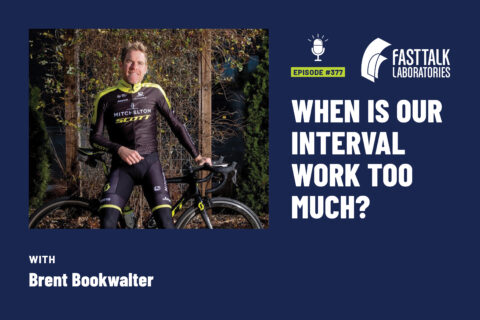
When Is Our Interval Work Too Much?
Brent Bookwalter talks with us about the importance of balancing physical and mental resources to get our workouts just right.

Brent Bookwalter talks with us about the importance of balancing physical and mental resources to get our workouts just right.
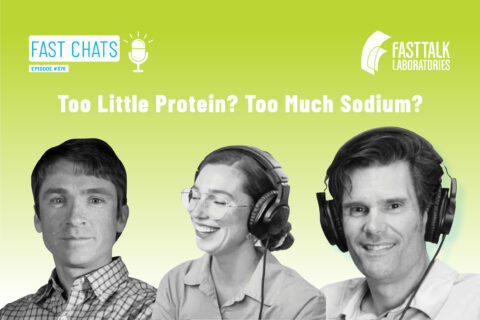
Two nutritional trends have serious health and performance consequences. We discuss the why, what, and how of protein and sodium intake.
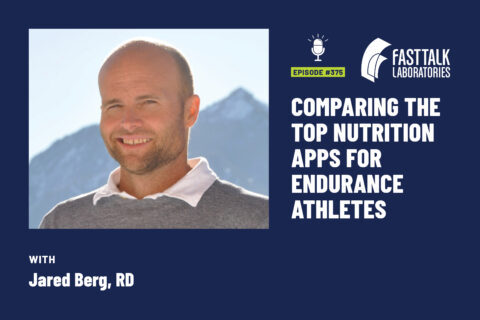
In this episode, we explore how endurance athletes and coaches are using today’s top nutrition apps—and what to consider before relying on them.
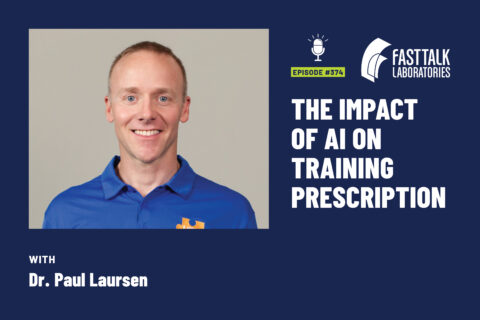
The world of AI is changing extraordinarily fast. We spoke with Dr. Paul Laursen about the current challenges and developments of the technology.
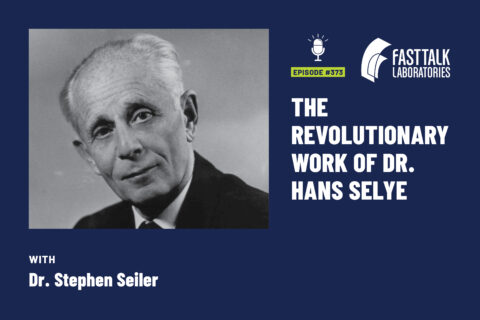
Dr. Stephen Seiler joins us to talk about one of the biggest influences on his own work, Dr. Hans Selye who’s been called the Einstein of the biological sciences.
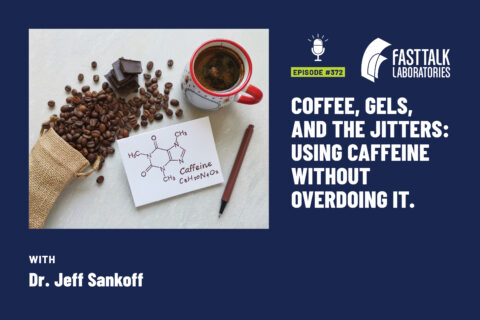
In this episode we explore the science of caffeine in endurance sports—when it helps, when it doesn’t, and how to use it wisely.
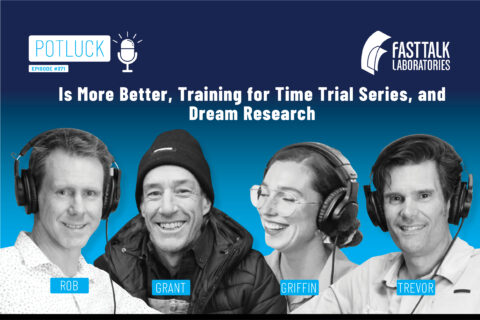
Our hosts talk about why we shouldn’t believe that more is always better, how to build a weekly time trial series into your training, and what research we’d like to see conducted.
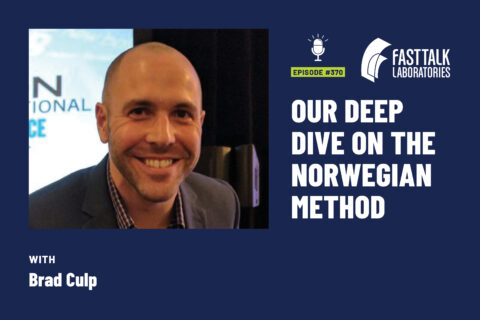
We talk with Brad Culp, author of “The Norwegian Method,” about the main tenets of the training philosophy, as well as who should and shouldn’t apply the method in their training.
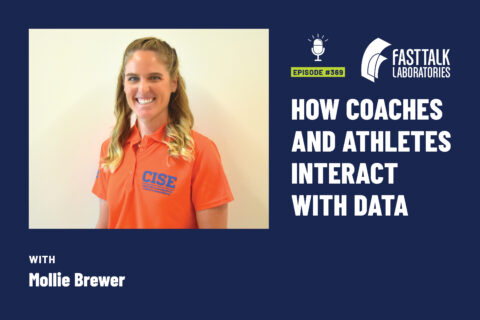
Mollie Brewer joins us to discuss how we interact with data – which can say as much about coaches and athletes as the data itself.
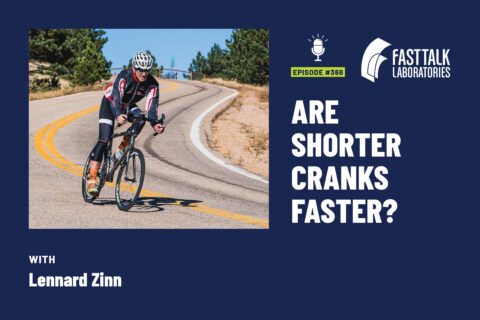
On this episode, Lennard Zinn shares his decades of experience and experimentation to help answer the question of whether shorter cranks are better.
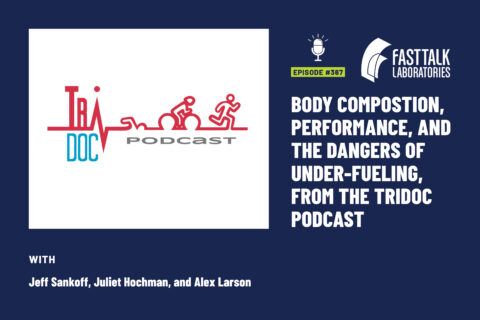
This week, we share an episode from the TriDoc Podcast. Host Jeff Sankoff is joined by dietitian Alex Larson and coach Juliet Hochman to explore the complex relationship between body composition, fueling, and performance—plus how coaches can support athletes without crossing the line.
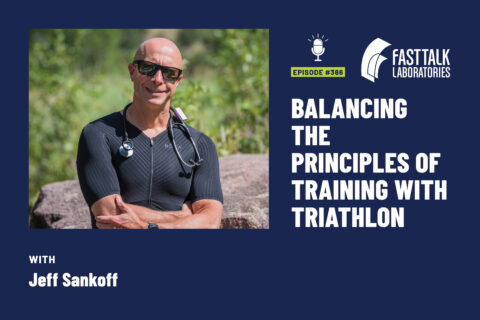
The TriDoc Jeff Sankoff joins us to talk about how to still apply the principles of supercompensation and progressive overload in a sport as complex as triathlon.
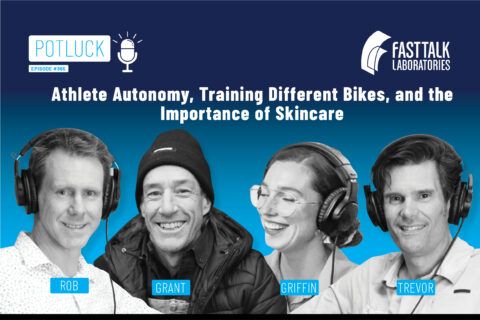
In this week’s potluck episode, we discuss the balance of athlete autonomy versus prescription, how to balance training with multiple types of bikes, and how to avoid being swayed by athlete-marketed skincare trends that may not be worth the hype.
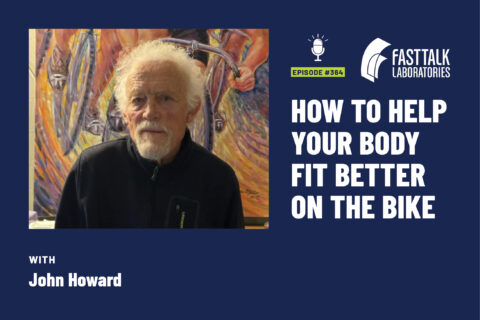
We talk a lot about fitting your bike to your body, but there’s a lot you can do to keep your body healthy and help it fit in a more powerful position on the bike.
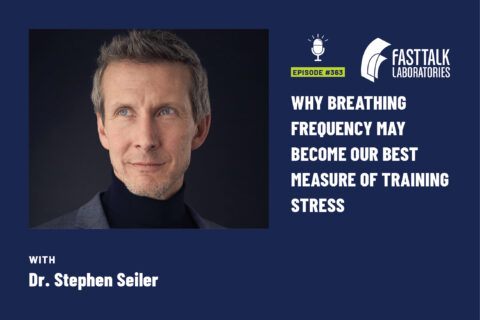
Dr. Stephen Seiler joins us to talk about his new project developing a breathing frequency measure and why it may match up better with perceived exertion than heart rate or power.
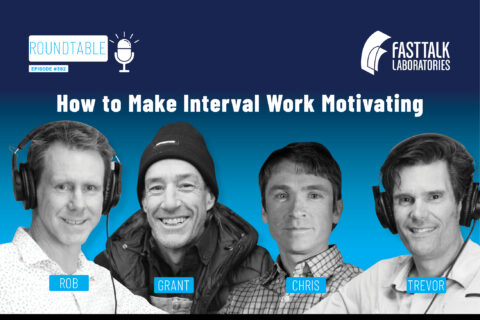
Our team of coaches got together and discussed why we do intervals, how to execute them, and most importantly, how to make them more fun.
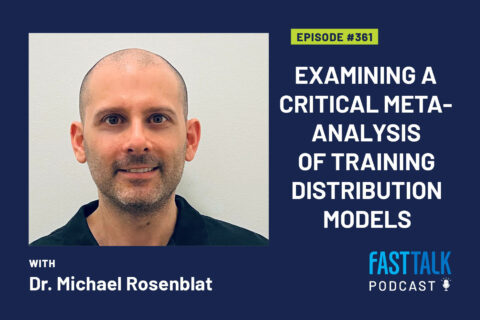
Dr. Michael Rosenblat joins us to discuss the largest meta-analysis comparing distribution models, which he co-authored with Dr. Stephen Seiler.
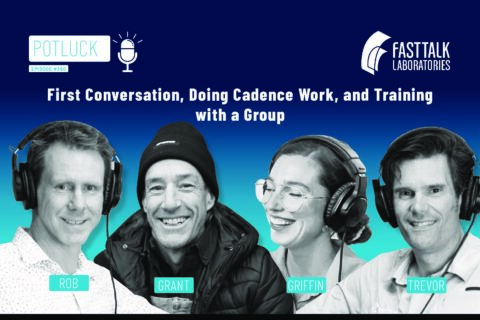
In this week’s potluck episode, we discuss what coaches should look for in their first conversation with an athlete, how to best do cadence work on the bike, and how to take advantage of group training while not losing sight of your plan.